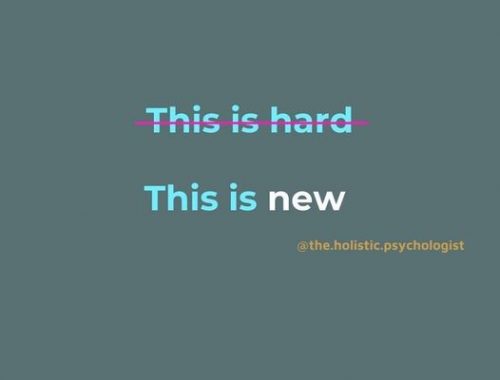Communicating our value to an organisation
Last week, I joined the IABC Converge conference with communications peers from the Asia Pacific, Europe, Middle East and Africa. The two day, fully virtual conference had speakers from around the world sharing their insights into the latest and greatest in our profession.
One theme that really grabbed me was the need for communications to be a valued business partner.
Trudy Lewis from Colinear said as “communications professionals we are often undervalued and seen as just delivers not strategic partners”. This is a perception we need to change if we are going to get a ‘seat at the table’ and be seen as a critical function.
I wanted to share some insights that I gained from the presenters at the conference last week to get you to think about how you can be more valued within your organisation.
How to be a valued business partner
Demonstrating value as a communications professional is something that I am passionate about. Below are just a few ideas on how you can become a valued business partner from the speakers at last weeks conference.
Empower others
- While everyone is focused on their own deliverables, communications should be helping people make connections, identify overlaps and opportunities. You need to support the business to deliver their outcomes. You need to provide the information, expertise and evidence that supports the business to do their business.
- Andre Oberholzer, Group Head for Corporate Affairs, Sappi Limited said, we need to identify those that engage with the organisations stakeholders regularly and empower them by providing messages, tools and expertise. Communications isn’t a solo game. You need the whole team to be able to create a consistent and coordinated brand. Providing this support will also make your employees feel more confident.
Bring the outside in
- Dan Gregory Co-Founder of The Intelligent Influencer and Co-Host of The Behaviour Report said, we need to stop looking at things narrowly in our own context, environment, experience. As communications professionals, we need to bring the outside into the organisation and help to consider what we are doing in the context of our audience and the broader public to be effective.
- Andre Oberholzer said we are the connection between the internal and the external environment. Our role is to interpret the external environment for the executive – what is the relevance to the organisation? What is the potential impact? How can this be used to further our organisation’s position?
- We need to be monitoring our operating environment and then provide feedback on trends, issues, and risks. Our value can be demonstrated not just in solving the problems but seeing them before they arrive.
Explain why the operating reality has changed
- Andre Oberholzer said communications need to be the function that is leading the way in organisational change. We need to show internal business areas how they need to think beyond how they have always worked and adapt to the new world.
- We need to be the creative thinkers, that challenge the status quo and ask the tough questions about why we operate how we do.
Build strategic alignment
- To be successful, to be seen as a business partner, you need strong internal relationships. If you are operating in isolation, don’t understand the business and don’t have advocates, you will not have a seat at the table. Creating and maintaining relationships should be the number one focus of your work.
- You need to create a clear alignment between the work you do and the people you are serving. Find out what makes them tick, what is important to them and how they like to work. Don’t expect people to mould to you and what you need. A boss of mine used to say “Too With For” – don’t do something to people, you need to do it with them, so they feel like it’s for them.
What do you need to do?
So, all that is great but practically, what can you start to do to build credibility and demonstrate value.
Internal research
- Andre Oberholzer believes that everyone should be researching how you are serving your internal customers, make them feel like they have a chance to have a say in how communication in the organisation runs and feedback to their feedback.
- When I worked in-house, we ran an internal client survey every year. Initially, I hated it. It felt like a chance for everyone to dump all of their hate on my team, it could be tough reading the anonymous verbatim comments. However, I came to see it as our ‘business plan’ for the year. It identified the teams we needed to work harder to build relationships with and those areas where we needed to do a better job explaining our processes and outcomes. The insights were invaluable to explain where we need to focus our efforts internally.
Make your deliverables tangible to the business
- Andre Oberholzer believes we need to move beyond the mantra of “you can’t measure communications”. This is a common issue that I hear. Unless we do large scale market research, how can you measure awareness or behaviour change? You can’t, but the question is, is that even the right measure? Do we need to be setting objectives based on communication goals or business outcomes?
- Trudy Lewis talked about the importance of measuring your outcomes based on what is important to the business, not your own. You need to speak the language of your business, ensuring that others can see how you contribute to their goals, not just your own communications outcomes that no one else understands.
Ask good questions
- I loved this concept from Dan Gregory, “we need to learn to ask impossible questions”. We need to stop being safe and ask the tough things that get to the root problem to begin to start to solve tricky issues. Often, I have heard communications professionals say, “This might be a dumb question…” “Just a small question…” – we need to stop qualifying our questions. Ask the hard questions, the controversial questions, the obvious questions. These are the ones that make people stop and think and get better outcomes.
I got so much value out of attending Converge. It made me stop and think. I heard new perspectives and views on communications. And I did it all from the comfort of my living room. While we continue to live in this virtual world, take advantage of the opportunities to engage with peers in Australia and around the world to hear from speakers you may not have the chance to hear from again. The way that we can add value to our organisations is to continue to build our knowledge, understanding and experience in

